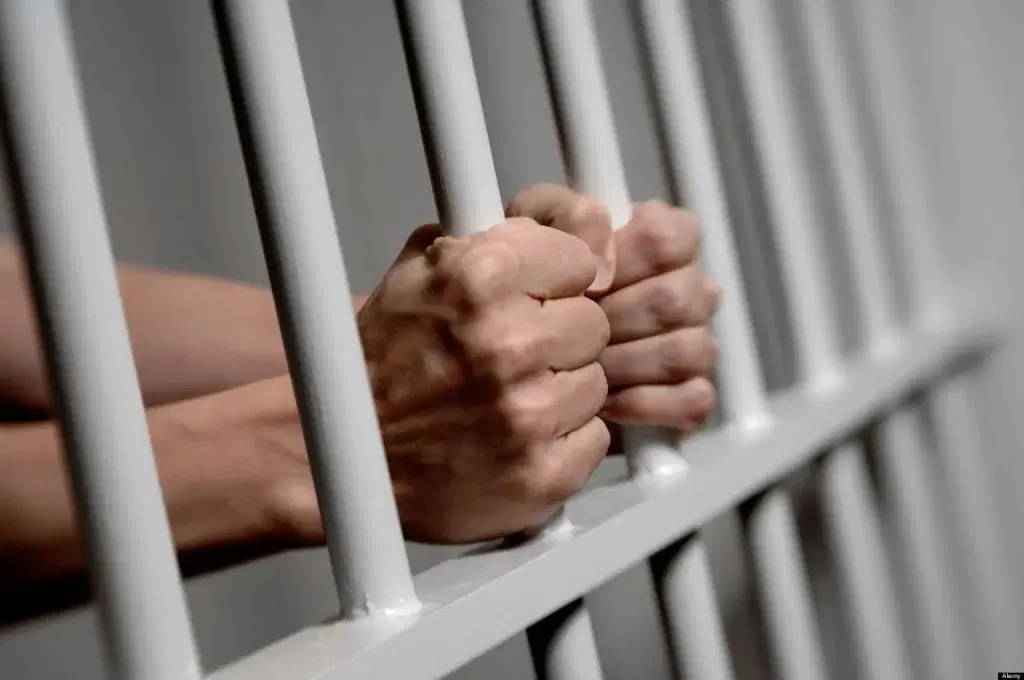Need for technology-driven reform to curb jailbreaks

The recent escape of inmates from the Medium Security Custodial Centre, Keffi, Nasarawa State, on August 12, 2025 – coming barely three months after a similar incident at the Ilesha Centre on May 20 and earlier at the Koton Karfe Centre in March – once again exposes the deep rot in Nigeria’s correctional system.
Although no life was lost in Keffi, as was the case in Koton Karfe, where a correctional officer was killed, the incident left five prison officers critically injured and 16 inmates on the run, seven of whom have since been rearrested. Still, the frequency of such breaches calls attention to the chronic flaws in the management of Nigeria’s correctional facilities.
Instead of serving as spaces for rehabilitation, the nation’s 253 custodial centres remain punitive warehouses, plagued by overcrowding, underfunding and the psychological toll of indefinite detention.
Most operate far beyond capacity, creating fertile ground for violence and jailbreaks. Official data paints a grim picture: as of March 2025, Nigeria held 79,669 inmates, of whom only 26,898 were convicted, while 52,771 were awaiting trial.
By August, the figure had climbed to 80,998, with 53,026 still awaiting trial, representing 65 per cent of the total inmates. This imbalance reflects the inefficiency of the criminal justice system, where undue delays keep thousands in limbo. Equally disturbing are the health and welfare conditions inside these facilities.
At a recent public hearing of the Independent Investigative Panel on the Nigerian Correctional Service, officials admitted to a system stretched beyond sustainability. The Assistant Controller General in charge of Medical Services revealed that about 8,246 inmates suffer mental health conditions, yet the facilities remain grossly ill-equipped to cater to their needs.
Poor sanitation, inadequate medical care, and rampant infectious diseases are daily realities – violations of both human rights and the rehabilitative mandate of correctional services. The crises of congestion and jailbreaks are intertwined. Tackling them demands more than rhetoric. Government must urgently invest more in prison infrastructure and security, installing surveillance cameras and alarm systems and deploying well-trained personnel.
Equally crucial is reforming the criminal justice system to reduce the backlog of inmates awaiting trial. We also call for a comprehensive audit of the Keffi jailbreak, with findings made public, unlike the still-buried report on Koton Karfe. Accountability is non-negotiable.
Those found complicit must be sanctioned in line with established procedures. Transparency and decisive action are essential if we are to rebuild public trust and dismantle the culture of impunity. Nigeria must move beyond managing prisons as holding pens for society’s failures. A truly functional correctional system should reflect justice, uphold human dignity, and prioritise rehabilitation. Until then, jailbreak will remain a recurring tragedy.
We urge Minister of the Interior, Olubunmi Tunji-Ojo, to expedite his promised technology-driven reform package. Our correctional service must be secured against breaches.
The post Need for technology-driven reform to curb jailbreaks appeared first on Vanguard News.







